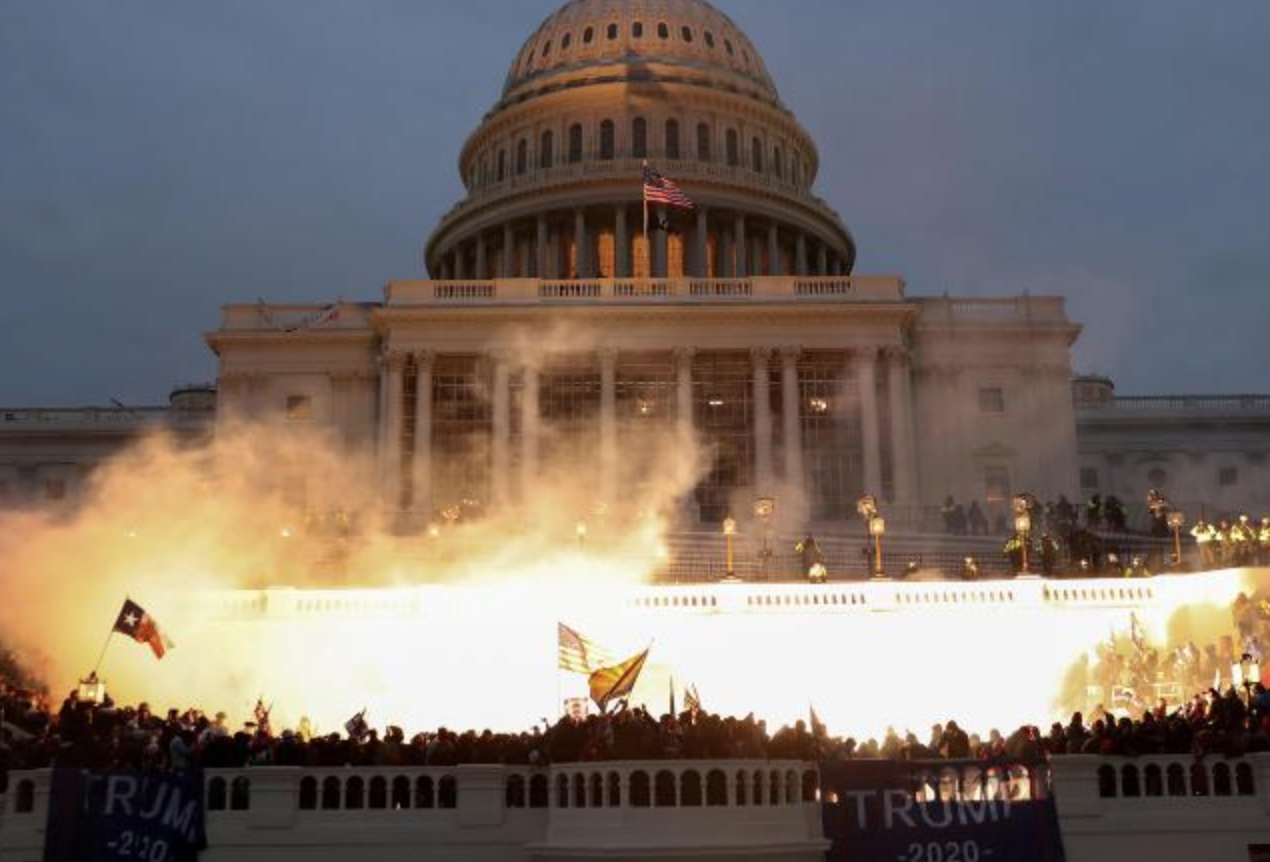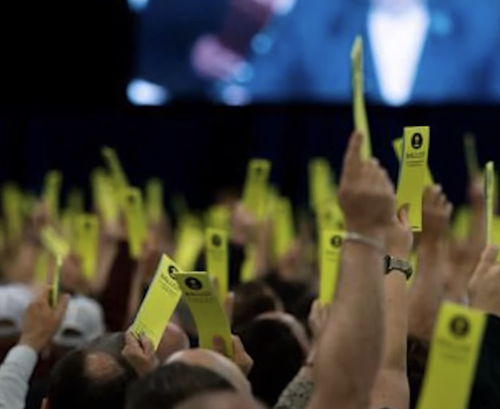I was stunned (I kid you not) that editors at The New York Times didn’t find a way to slip the word “hulk” or even “avengers” into the Gray Lady’s latest feature on politics and the wild, wild world of Manhattan real-estate. Oh, and there is some religion news in here, somewhere.
What am I talking about?
Well, this week’s “Crossroads” podcast (click here to tune that in) focused on a story that ran with this dry, wordy, double-decker headline: “Why Mark Ruffalo and Wendell Pierce Are Fighting for a Crumbling Church — Congregants of the West Park Presbyterian Church, a Manhattan landmark, want it torn down and replaced by condos. Celebrities are joining the fight to save it.”
In the sprawling Marvel Comic universe, Ruffalo played that Big Green Guy. But you probably knew that.
Let’s work our way through this story, looking for evidence of the religion-beat story — it appears that zero religion-beat personnel were involved — that is at the heart of this story that the Times prelates see as a conflict about money, politics and, maybe, culture. Religion? Not so much.
In the podcast, I also noted that versions of this story are unfolding in urban areas around America, linked to the catastrophic decline of America’s mainline Protestant and the more Americanized versions of Roman Catholic life. What happens to their strategically located and very valuable urban sanctuaries?
The overture, which builds up to the sermon-esque thesis statement:
For years, a conflict over whether to tear down one of New York City’s historic churches, a 19th-century Romanesque Revival building on the Upper West Side, has been cast in epic terms, as a battle between the little people and big business.
In this case, however, those who see themselves as representing the little people include a growing list of New York celebrities.
And big business? That would be a real estate firm working with the tiny congregation of the West Park Presbyterian Church, which says it cannot afford to fix up the deteriorating building and hopes to sell it to a developer to build new luxury apartments on the site.










